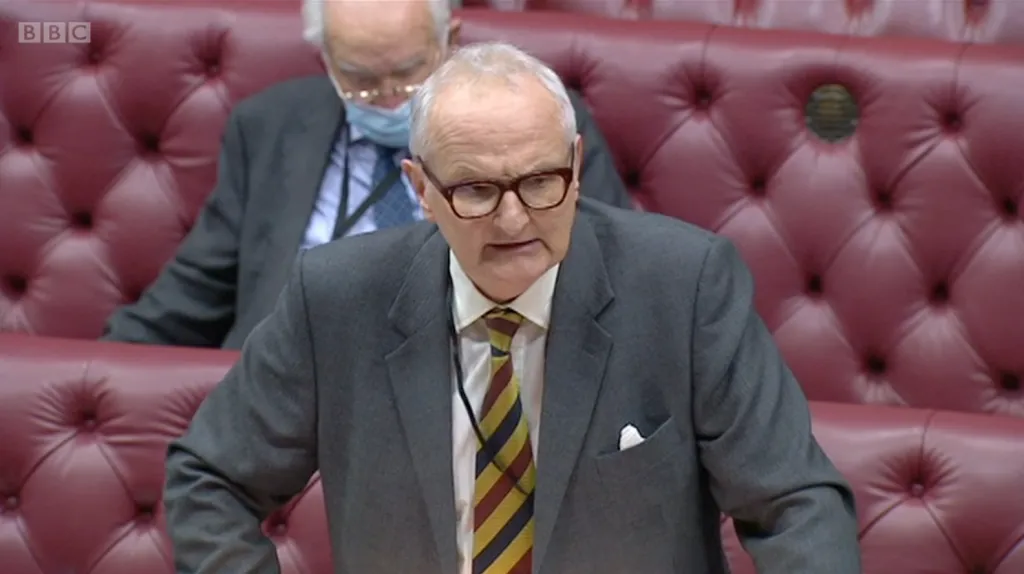2022ii6, Sunday: Sheer dishonesty.
Politicians shade the truth. Fact of life. But that's different from deliberately seeking to mislead. Option one is excusable. Option two isn't. Kwasi Kwarteng: I'm looking at you.

Expecting politicians to be wholly straightforward is a mug’s game.
That’s not to parrot the common canard about them “all being the same”, or that “you can’t trust any of them”. I wholly disagree with that. In my experience, it usually comes from someone with a strong affiliation, or at least voting tradition, in favour of one party. If that party causes them disillusion, this is what you tell yourself to justify not even considering voting for someone else.
No. It’s that politics, and in some ways still more government, can’t work if you’re telling the whole truth all the time. I expect my political leaders sometimes to shade things. If you’re negotiating a treaty, you can’t do that in the blaze of sunlight, for instance.
But shading the truth and outright lying, bullshitting or gaslighting are wholly different. Breathtaking intellectual dishonesty and taking the voters for mugs falls firmly in the second category. Politicians who engage in option one can still deserve trust. Those who exploit option two have sacrificed it. Usually for ever. And don’t deserve ever to occupy a public office, ever again.
Kwasi Kwarteng, the Business Secretary, is now firmly in box two.
Why am I being so dismissive of him? Because he’s just said something which is both flagrantly intellectually dishonest, and falls squarely in one of those few areas where I can actually boast some specialist knowledge.
I don’t watch Sunday morning political TV. Life really is too short. But according to Politico, which for its faults is usually accurate in stuff like this, he was asked this morning about the fact that his boss, our embarrassing (at best) and shameful (more likely) PM, had been rebuked by the UK Statistics Authority for misquoting crime stats. Johnson had told the House of Commons that crime was down 14% - but the UKSA pointed out that this was only true if you leave out fraud and cybercrime, which together in fact amount to about a half of recorded crime and had in fact risen 47% in the period in question.
In other words: a bit like saying that violence is down as long as you only count crimes which don’t involve a weapon.
Kwarteng’s response?
“When people talk about crime — I think fraud is really really important — but people are talking particularly about burglaries, about personal injury, about physical crimes, and I think in that context we’re seeing lower crimes.”
Bollocks. Utter bollocks. Kwarteng is a smart person. He must know this is bullshit. Both in the sense that it’s a wholly misleading number to have used (let’s not get into the fact that Johnson too must have known he was lying to the House) and to defend it at all is dishonest; and in the sense that to imply (as I think he did, with explicit intention or not) that fraud is somehow less harmful, less damaging, less serious for its victims than violence or physical theft is not only wrong, but deeply insulting to those victims.
No surprise, of course. As you’ve heard me rant on about probably far too often, the gross under-resourcing of fraud investigation except where it affects the public purse has been shameful for years. Only this past week or two, we’ve seen the minister with responsibility for fraud resign at the dispatch box (seriously, listen to his speech) because of his sense of shame at the government’s counter-fraud ineptitude, in a demonstration of honour and character which both elevates him and shows too many of his former colleagues to be without either; and we’ve seen a report from the Treasury Select Committee which underscores the poverty-stricken mess that is fraud investigation and prosecution in this country.
The point being: fraud affects millions. It doesn’t just rob them of money. It also can do terrible damage to their psyche. Their ability to trust others. And, just as importantly, their confidence in themselves. And the entirely justified impression that there’s no point in reporting it because no-one will lift a finger to help only adds insult to those injuries.
(This story in Wired - although it deals with the US experience - gets absolutely to the heart of what happens to people when they’re taken by a fraudster. It’s wrenching. And, in my experience, it’s bang on the money. Unfortunately, it’s for subscribers only - but if you do subscribe, do read it.)
So it’s for those reasons that, as far as I’m concerned, Kwarteng has just thrown his honour, his character, his credibility (such as they were) and his fitness for public office on the bonfire. I can understand an urge to try to protect one’s boss. Even if that boss is as venal, shameful, shameless, narcissistic and - put simply - an utter disgrace to his office as this one. But to do so in such a demeaning, insulting and downright dishonest way? No. Hell, no.
As I’ve found myself saying far too often about members of this low administration, whose dishonour discredits us all: for shame.



